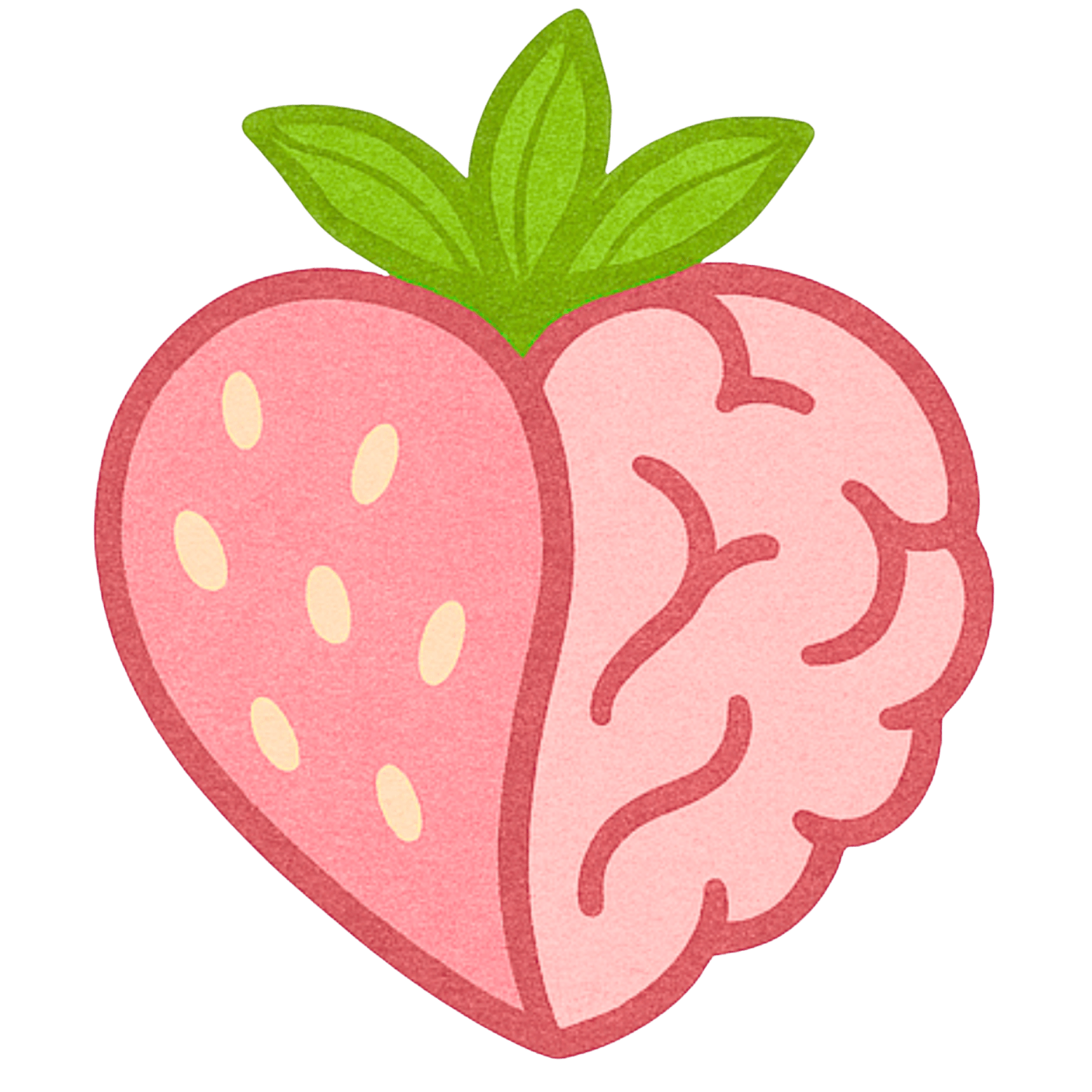
Biggest Health Mistakes Women Make After Having a Baby
Having a baby is an exciting and transformative experience, but it also comes with significant responsibility and sacrifice. Pregnancy and childbirth bring profound physiological changes, including immune shifts, hormone fluctuations, and nutrient depletion, not to mention the physical and emotional toll of labor and delivery. While every woman’s postpartum journey is unique, research suggests that it can take up to 18 months to fully heal after childbirth (March of Dimes, 2025). However, in the rush to regain a sense of "normalcy," many new mothers make health choices that can slow recovery, increase stress, and heighten the risk of postpartum complications such as autoimmune conditions and postpartum depression.
To support a smooth and healthy postpartum recovery, here are some of the biggest health mistakes women make, and how to avoid them.
1. Undereating & Over-Exercising
In an effort to "bounce back" quickly, many women drastically cut calories and jump into intense workouts too soon. This can stress the body, slow metabolism, disrupt hormone balance, and even impact milk supply for those who are breastfeeding.
Postpartum is a time of healing, and adequate nourishment is essential for tissue repair, energy restoration, and emotional well-being. Pregnancy and childbirth deplete key nutrients such as iron, B vitamins, omega-3s, zinc, vitamin D, and magnesium. Failing to replenish these nutrients can contribute to postpartum fatigue, brain fog, mood imbalances, and hair loss.

How to Avoid This Mistake:
Focus on a nutrient-dense diet that includes lean proteins, healthy fats, whole grains, and plenty of fruits and vegetables.
Avoid extreme calorie restriction—breastfeeding mothers need an additional 300-500 calories per day.
Engage in gentle movement like walking and postpartum-friendly exercises before returning to high-impact workouts.
Prioritize recovery over rapid weight loss…your body needs time to heal.
2. Ignoring Pelvic Floor & Core Recovery
Many women resume workouts without first addressing pelvic floor and core rehabilitation. This can lead to issues such as diastasis recti, pelvic pain, and urinary incontinence.
How to Avoid This Mistake:
Begin with deep core activation exercises, breathwork, and pelvic floor strengthening before progressing to more intense workouts.
Work with a pelvic floor physical therapist if you experience pain, pressure, or leakage.
Avoid high-impact exercises like running or heavy lifting until your core and pelvic floor are properly rehabilitated.
3. Sacrificing Sleep Instead of Prioritizing Recovery
Chronic sleep deprivation is a reality for new moms, but pushing yourself too hard and neglecting rest can worsen inflammation, blood sugar imbalances, and stress levels. This can make weight loss harder and increase the risk of postpartum depression.
Research has shown that maternal neurobehavioral performance is significantly reduced after weeks of multiple sleep disturbances during the early postpartum months (Insana, Williams, & Montgomery-Downs, 2013).
How to Avoid This Mistake:
Take naps when possible, even 20-minute power naps can help.
Share nighttime duties with a partner or trusted caregiver.
Don’t feel guilty about resting when the baby sleeps.
Consider gentle sleep training methods if sleep deprivation becomes overwhelming.

4. Not Supporting Hormonal Balance
Postpartum hormonal shifts can cause mood swings, anxiety, depression, and energy crashes. Without proper nutritional and lifestyle support, these imbalances can persist longer than necessary.
How to Avoid This Mistake:
Prioritize blood sugar balance by eating protein, fiber, and healthy fats at every meal.
Limit processed foods and refined sugars, which can cause hormonal fluctuations and energy crashes.
Manage stress with walking, meditation, yoga, and deep breathing.
Consider herbal and nutritional support (e.g., adaptogens like ashwagandha, magnesium, and omega-3 supplements) under the guidance of a healthcare professional.
5. Trying to Do It All Without Support
Many women feel pressure to handle everything, baby care, household responsibilities, work, and social obligations—without asking for help. This can lead to burnout, heightened cortisol levels, and poor self-care.
How to Avoid This Mistake:
Ask for help…whether it’s from your partner, family, or friends.
Consider postpartum support groups or professional help, such as lactation consultants, doulas, or therapists.
Let go of perfectionism; prioritize your well-being over unrealistic expectations.
The postpartum period is a time of profound transformation, and prioritizing nourishment, rest, movement, and emotional well-being can make a significant difference in how smoothly a mother recovers. By avoiding common health mistakes, women can give their bodies the support they need to heal, regain strength, and fully embrace the joys of motherhood.
Your health is just as important as your baby’s. Taking care of yourself isn’t selfish…it’s essential. When you feel your best, you’ll be able to show up for your baby, your family, and yourself with more energy, resilience, and joy.
How long should you wait before getting pregnant again? (2025). March of Dimes. https://www.marchofdimes.org/find-support/topics/planning-baby/how-long-should-you-wait-getting-pregnant-again
Sun, Y., Ferguson, M., Reeves, M. M., & Kelly, J. T. (2023). Maternal Dietary Patterns and Risk of Postpartum Depression: A Systematic Review. Maternal and child health journal, 27(12), 2077–2090. https://doi.org/10.1007/s10995-023-03781-7
Insana, S. P., Williams, K. B., & Montgomery-Downs, H. E. (2013). Sleep disturbance and neurobehavioral performance among postpartum women. Sleep, 36(1), 73–81. https://doi.org/10.5665/sleep.2304
Latest Blog Posts

